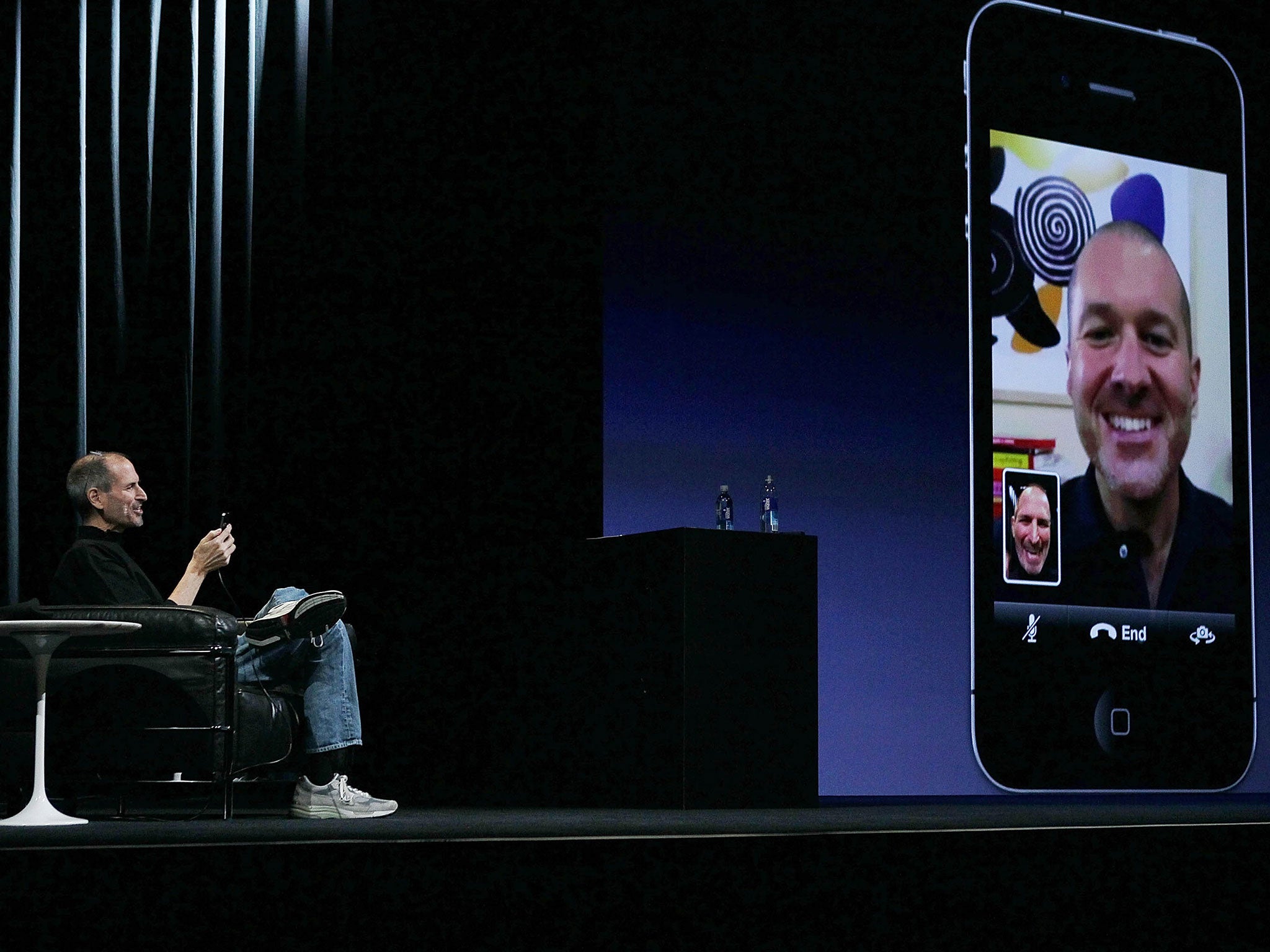Apple criticises Investigatory Powers Bill: Theresa May’s spying law could endanger privacy and security, company says
Apple says the powers would make the 'personal data of millions of law abiding citizens […] less secure'

Your support helps us to tell the story
From reproductive rights to climate change to Big Tech, The Independent is on the ground when the story is developing. Whether it's investigating the financials of Elon Musk's pro-Trump PAC or producing our latest documentary, 'The A Word', which shines a light on the American women fighting for reproductive rights, we know how important it is to parse out the facts from the messaging.
At such a critical moment in US history, we need reporters on the ground. Your donation allows us to keep sending journalists to speak to both sides of the story.
The Independent is trusted by Americans across the entire political spectrum. And unlike many other quality news outlets, we choose not to lock Americans out of our reporting and analysis with paywalls. We believe quality journalism should be available to everyone, paid for by those who can afford it.
Your support makes all the difference.Apple has launched a scathing attack on the Government’s plans to give spies more powers.
The company has said in a rare public statement that it believes that Theresa May’s Investigatory Powers Bill would make the “personal data of millions of law abiding citizens […] less secure”.
The Government intends to bring in the Investigatory Powers Bill as soon as possible, to bring new powers to help intelligence agencies and law enforcement to conduct surveillance. But the legislation has been repeatedly criticised for over-reaching, and apparently banning some of the most central parts of modern technology.
Apple argues that the legislation should be re-written to be more clear about how the powers that are contained within it will be used. It made the statement as part of its submission to the joint scrutiny committee for the Investigatory Powers Bill.
"We believe there is a need for much greater clarity as to how the powers in the bill will be applied,” Apple’s submission reads. “Not least because, once again, the [powers] could endanger the privacy and security of users in the UK and elsewhere."
Apple’s criticisms centre around three key parts of the bill.
The first is that it requires that companies can break their own security measures so that messages can be more easily read.
Encryption – which can be found in Apple’s iMessage and FaceTime messaging services – uses mathematical techniques to ensure that a message can only be read by the person it was sent to. But parts of the bill seem to suggest that technology should be broken open, so that messages can’t be kept from intelligence agencies.
Apple’s submission says that the “best minds in the world cannot rewrite the laws of mathematics”, and that as a result there is no way of creating methods of encryption that would only give access to the Government or the intelligence agencies.
"The bill threatens to hurt law-abiding citizens in its effort to combat the few bad actors who have a variety of ways to carry out their attacks,” Apple’s section on encryption argues. “The creation of backdoors and intercept capabilities would weaken the protections built into Apple products and endanger all our customers.
“A key left under the doormat would not just be there for the good guys. The bad guys would find it too."
Apple’s second criticism is that the law contains measures that would force companies like Apple to help the government to hack into phones so that information can be taken from them. The company points out that this will “extend responsibility for hacking from Government to the private sector”, and that it will undermine trust between technology companies and their users.
Because Apple sends the same version of its software to every user, wherever they are, the company would have to build those hacking and interception capabilities into every phone that it sells. That would mean that the same weaknesses could be used by governments and other bodies across the world, including in areas with much lesser safeguards or less strong human rights records.
Finally, the company objects to the international aspects of the law, which allow it to apply extraterritorially. That means that Apple and other companies will have to abide by the law despite being based elsewhere, potentially putting it into conflict with other local laws.
Apple’s Tim Cook has spoken out publicly about safeguards for privacy and security, including comments about the Investigatory Powers Bill made in recent interviews. But the public criticism is an unusual step for the company itself, which has in the past rarely made statements about legislation or policy.
New legislation will have to be passed by the end of 2016, in part because existing laws will run out by the end of next year.
But Apple’s primary suggestion is that the bill should be re-written to provide more clarity about the more contested parts of the legislation.
Join our commenting forum
Join thought-provoking conversations, follow other Independent readers and see their replies
Comments